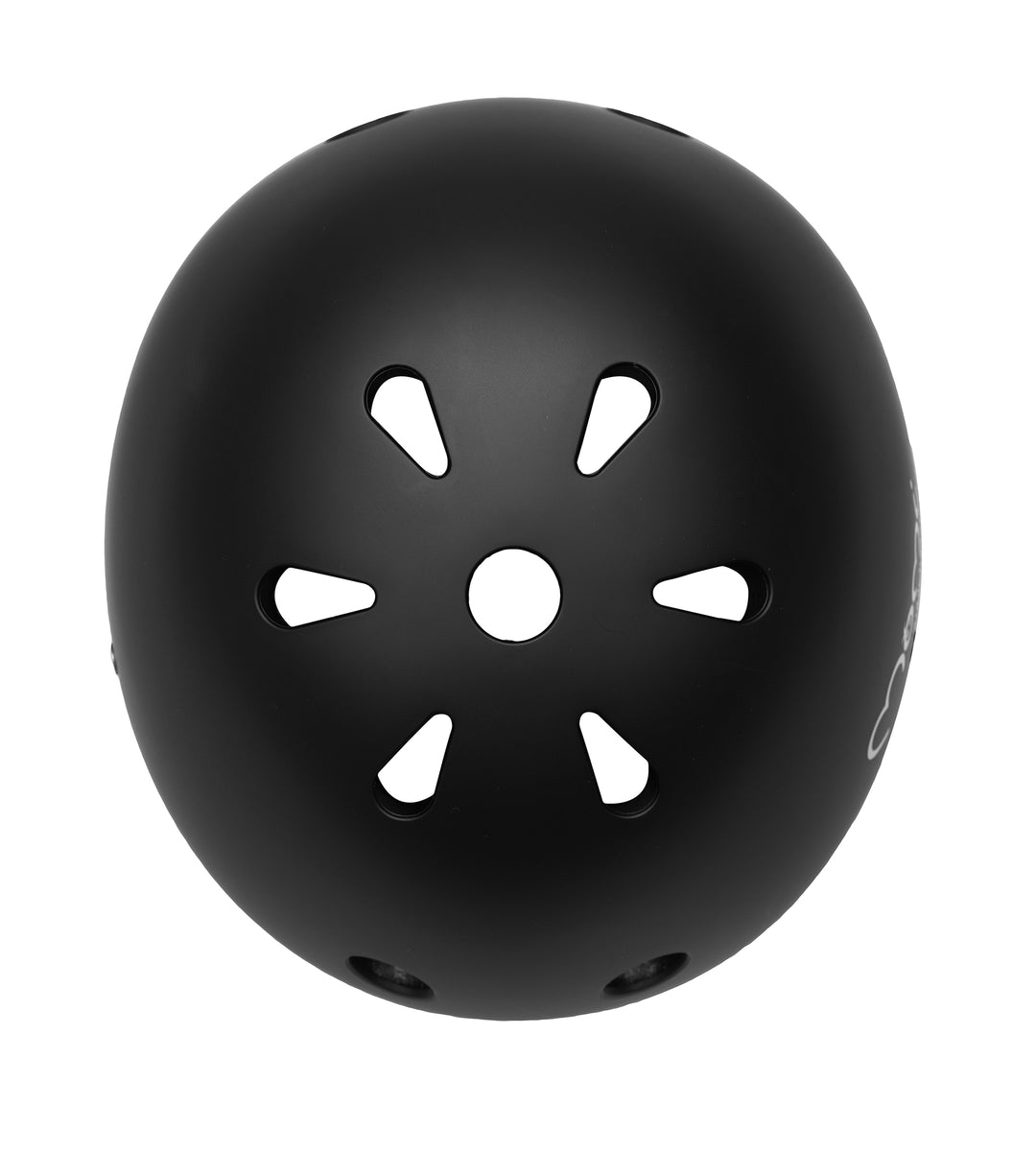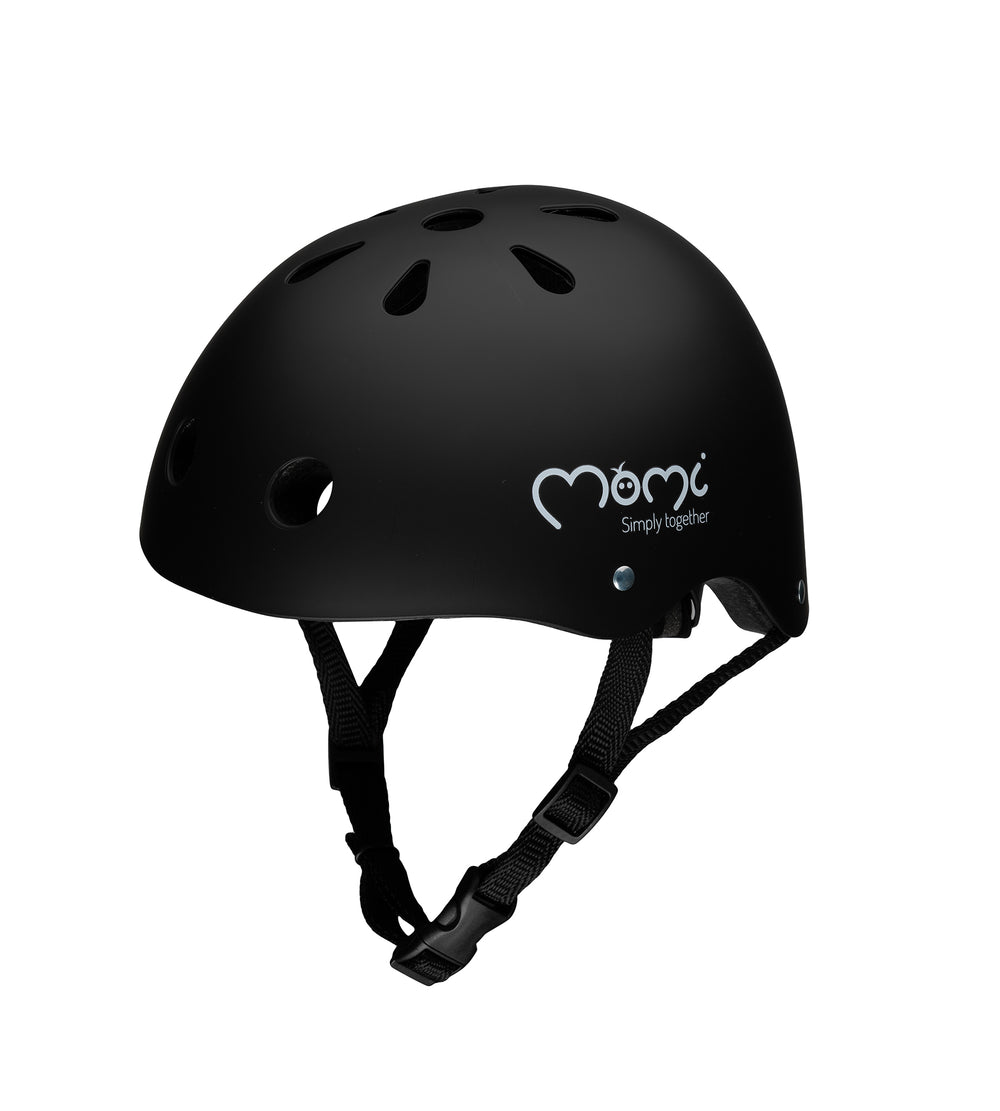Mealtime
Let’s dive into the delightful world of baby mealtime. 🍼🥕
1. Introducing Solids: The Adventure Begins When your little one is ready to venture beyond milk (whether breast milk or formula), it’s time to introduce solid foods. This usually happens around 4 to 6 months of age, but every baby is unique. Keep an eye out for signs of readiness, such as good head control, sitting up with support, and showing interest in what you’re eating.
2. First Foods: What to Offer Start with single-ingredient purees. Common first foods include:
- Rice Cereal: Often recommended as a gentle introduction.
- Pureed Fruits: Think bananas, apples, pears, and avocados.
- Vegetables: Carrots, sweet potatoes, and peas are great choices.
- Iron-Rich Foods: Baby cereals fortified with iron or pureed meats (like chicken or beef).
3. The Art of Pureeing
- You can buy baby food jars, but making your own is rewarding and cost-effective.
- Steam or boil veggies until soft, then blend them into a smooth consistency.
- Remember to introduce one new food at a time, waiting a few days before adding another. This helps identify any allergies or sensitivities.
4. Mealtime Etiquette (Baby Edition)
- High Chair: Invest in a sturdy high chair. It’s like a tiny throne for your little food explorer.
- Bibs: Trust me, babies are Picasso-level messy artists when it comes to food.
- Patience: Be prepared for food exploration, smearing, and maybe even some food spitting. It’s all part of the process!
5. Finger Foods and Self-Feeding
- Around 8 to 10 months, babies start grabbing things with their adorable little paws.
- Offer soft finger foods like cooked carrot sticks, banana slices, or small pieces of cheese.
- Supervise closely to prevent choking hazards.
6. Transition to Family Meals
- As your baby grows, involve them in family meals. They’ll learn by watching you.
- Gradually move from purees to mashed and chopped foods.
- Be adventurous! Introduce different flavors and textures.
7. Allergens and Caution
- Introduce common allergens (like peanuts, eggs, and dairy) one at a time.
- Watch for any adverse reactions.
- Consult your pediatrician if you have concerns.
Remember, mealtime isn’t just about nutrition—it’s also about bonding, exploration, and creating positive associations with food. So grab that tiny spoon, sing a silly song, and enjoy this messy, magical journey with your little one! 🥄✨
Got any specific questions about baby mealtime or need more tips? Feel free to ask! 😊





